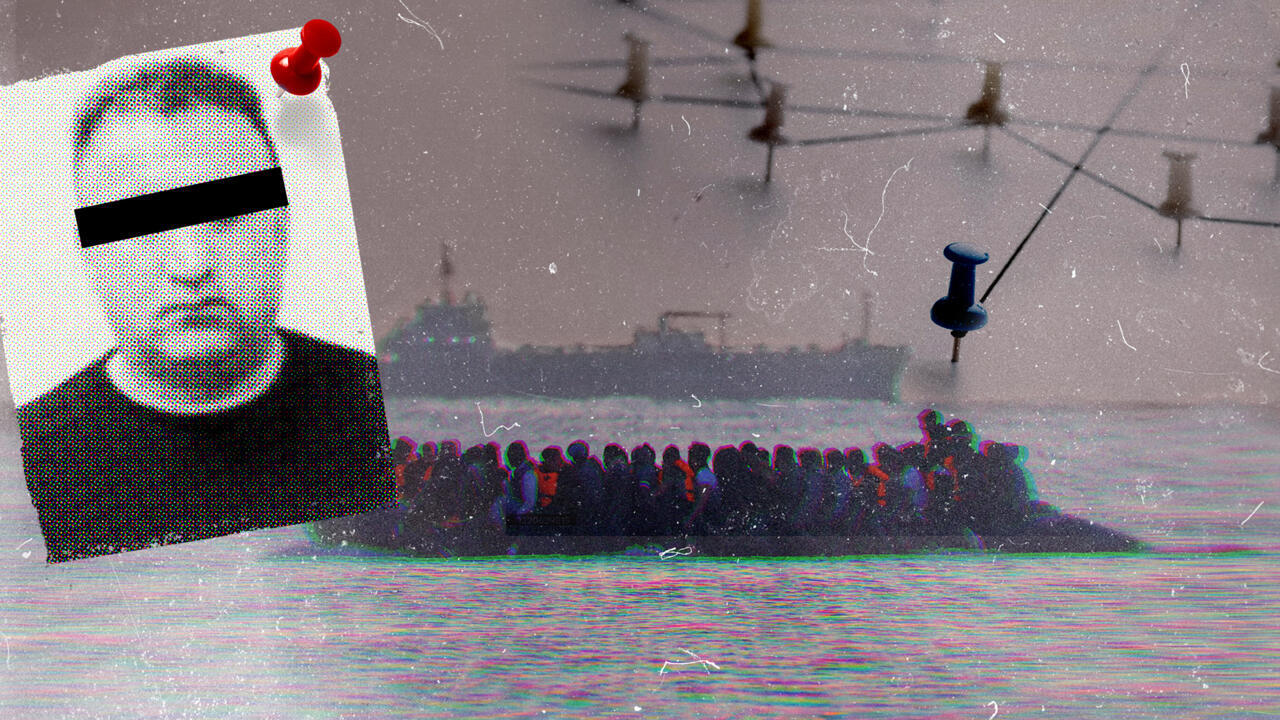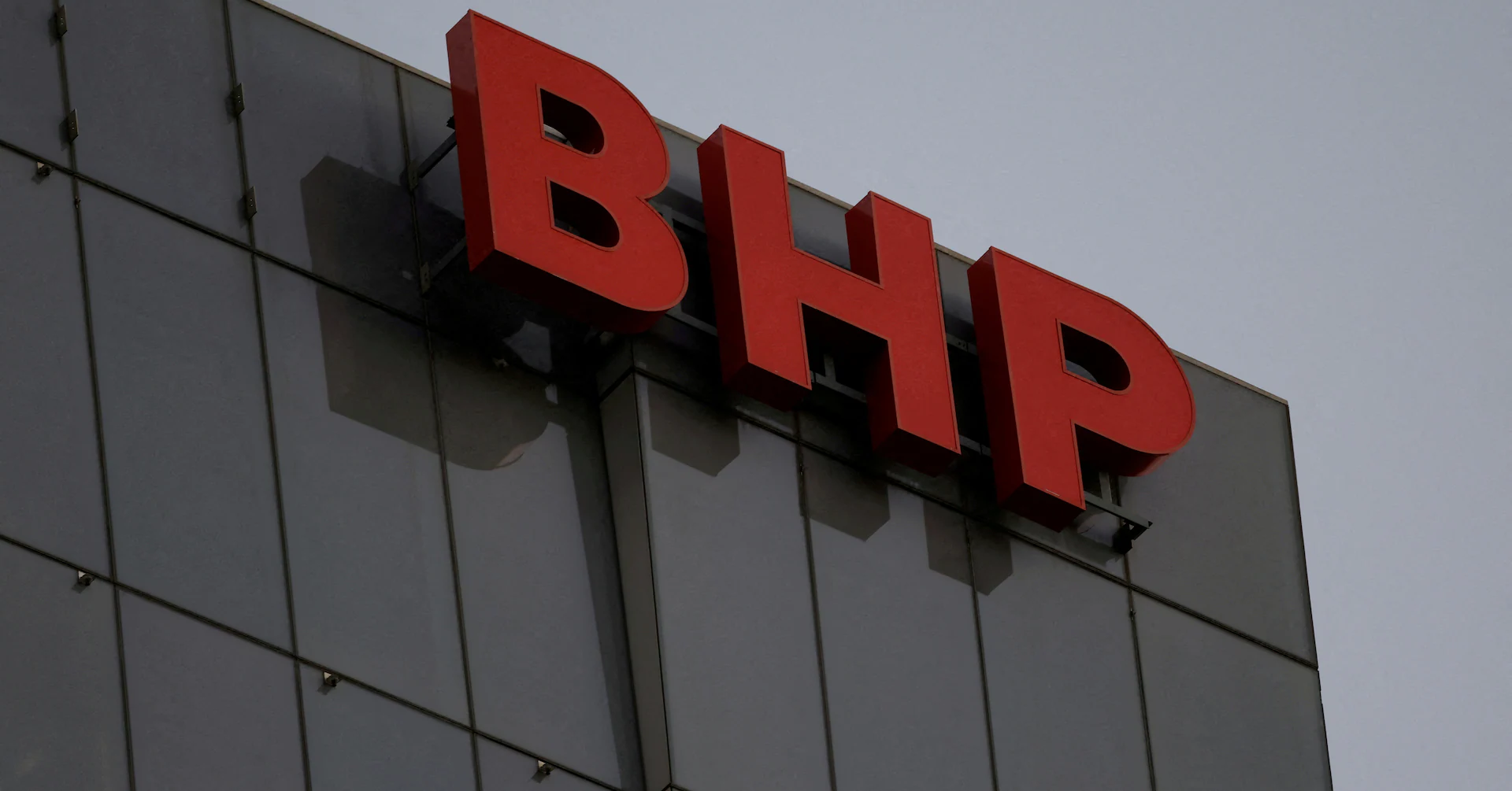Copyright france24

A warm and gentle breeze blew across Calais on the evening of August 11, 2023. Navidullah H., a 21-year-old Afghan migrant, was about to take advantage of the favourable weather to cross the English Channel and reach Britain. It was the last leg of a journey that he began in August 2021 to flee the Taliban regime, which cost him €16,000. He was in contact with a smuggler named Nasir, who told him to go to the “jungle”, as the Calais migrant camp is known. Some 67 other migrants were already there. Most had paid between €1,300 and €1,500 for the boat crossing. The migrants, divided into small groups, silently walked toward Huchette beach. Masked smugglers surrounded them. Once they were on the sand, a car delivered a 7-metre-long rubber dinghy with a 30-horsepower outboard motor. It only took half an hour to inflate the flimsy vessel – it seemed unlikely the boat could hold the weight of 68 people, but it didn’t matter to the smugglers. “They hit and threatened everyone who didn’t get on board,” Navidullah would later tell French police. The overcharged boat set off in the direction of Britain at 2am in the morning. The journey was to take 5 hours, but the motor broke only two hours after the boat left the French coastline. Panic ensued. One of the tubes ripped, and the vessel began collapsing onto itself, throwing passengers into the frigid 18°C water. Most of them didn’t know how to swim. Lacking life jackets, some migrants tried to survive by placing inner tubes around their waists. It was a tragic miscalculation. “They had to fight to keep their heads out of the water with these makeshift buoys around the middle of their bodies. They quickly got tired and drowned,” according to an official familiar with the case. Around 5:30am, a patroller located the vessel in distress and launched a rescue operation. For some, it was too late. Out of the 68 passengers, seven Afghans – all under the age of 30 – had died. High-level smugglers On land, the situation was tense. The French agency for combating organised crime (La Juridiction nationale de lutte contre la criminalité organisée), which tracks down the biggest traffickers in France, was in charge of the case. Officers from the mobile investigation brigade in Coquelles and the Office for the Fight against the Illicit Trafficking of Migrants (OLTIM) arrived as reinforcements. As is often the case in small boat shipwrecks, they ran up against the silence of survivors. Of the 23 survivors rescued by British forces, only nine agreed to provide a statement. Of these, eight wished to remain anonymous. The 16 migrants who were questioned on the French side were more forthcoming. They began by identifying the boat’s captains as two young Sudanese men named Ezekiel T. and Ibrahim A. They also identified the organisers of the crossing as two Iraqi Kurds named Idriss G. and Tariq H. The first was nicknamed the "Great Haji" because of his white hair. He was a “notorious smuggler capable of managing the entire operation, from the delivery of supplies to preparing the embarkation", a judge wrote in the order, which FRANCE 24 later obtained. The 45-year-old Iraqi and married father of two had already been targeted with two arrest warrants. He had also been sentenced to five years in prison and banned from French territory by a court in Dunkirk after forcing his way through a police roadblock with a vehicle carrying migrants in 2016. It didn’t stop him from coming back to France. "Small hands [the lower-level intermediaries who help with human trafficking] are easy to stop. Yet the others come back without any problems. We increasingly see smugglers convicted one, two, three times, in our files," said Florian Pappo, a Lille prosecutor. 'Prove to me what you're saying, and I’ll tell you if it's me' Idrees G. and Tariq H. were arrested near the Calais Hospital Center the day after the boat capsized. Upon searching Idrees’s Audi Q7, the police discovered €3,854. He told police he was in Calais to accompany his brother who wanted to reach Britain. He then withdrew into silence, refusing to provide investigators with his phone codes or any more information. The suspect was “well versed in his subject”, said the police, after he told them: “Prove to me what you’re saying, and I’ll tell you if it’s me.” His suspected accomplice, Tariq H., was equally reserved. Previously a political refugee in Italy, he admitted he knew Idrees G. from Iraq, where the latter had worked as a police agent. Idrees G. and Tariq H. were quickly detained because German police had been monitoring them for months after an investigation was launched in Kiel for similar accusations. The German police even placed a listening device in Idrees’s Audi. After his 2020 prosecution in France, Idrees G. found refuge in northern Germany, where he rented an apartment with a garden and told people he worked in construction. Yet the “Great Haji” hadn’t abandoned his criminal activities linked to Calais. Small boat trafficking spiked in the years since his prosecution, with more than 45,000 people crossing the Channel to the UK in 2022. “It’s lucrative, you can earn 100,000 euros for every boat, so it adds up when you have 500 boat crossings every year,” said Xavier Delrieu, the head of OLTIM. For Pappo, even "drug trafficking doesn't compare to a successful night for migrant smugglers". 'You can make between 6,000 to 7,000 euros per month' Idrees G. contacted his former business partners as early as 2022. He understood that the competition had intensified in his absence. “Everyone is becoming a smuggler, it’s unbelievable,” he said in a phone conversation on April 28, 2023 that was tapped by the police. He came up with a three-step plan to get back in the game: sabotage the boats of rival networks, beat up captains to instill fear and shoot at other smugglers. “If I need to kill someone, I’ll do it,” he said. Idrees G. acquired a firearm and teamed up with a Kurdish trafficker named Tariq H. who was also known to police for migrant smuggling and attempted murder. He had already served several prison sentences for his crimes. The accomplices travelled to Calais five times between May and July 2023 to carry out punitive raids against rival clans. The German police intercepted a conversation on July 2 during which Idrees G. bragged about "severely disfiguring" a rival smuggler. A month later, Idrees G.’s strategy of terror appeared to be successful; investigators noted he "was satisfied with the situation on the ground". His role allowed him to retreat increasingly into the background during illegal migrant crossing operations. Faced with mounting evidence, Idrees G. and Tariq H. were formally charged and detained on August 16, 2023. They were accused of manslaughter, as well as aiding and abetting illegal immigration as part of an organised criminal group. When contacted, Idrees G.'s lawyer, Franck Cecen, said his client "denies all the charges against him". Both men continued bragging about their crimes from their respective prison cells: “You just need to go to the ‘jungle’, you can make between 6,000 and 7,000 euros every month by selling the travellers,” said Tariq H. His lawyer chose not to respond to FRANCE 24’s questions. The bravado of the traffickers could have repercussions. Both men are scheduled to appear before the Court of Paris on November 4. This article has been adapted from the original in French by Sonya Ciesnik.



